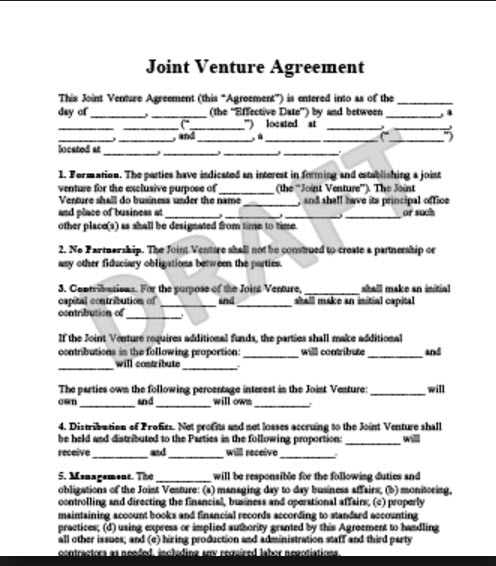Getting into a JV agreement for a UK property project, you need to have both eyes open. It all depends on your counter parties. It is rare to find honest, honorable hard working people. Many promise the world and end up with the proverbial statement…” Leave it to me …and it is left”
I have been involved with many different joint ventures over the years, and there have been various “learned lessons” we have picked up along the way.
I have been successful with most of my JV partners but have had my disappointments along the way. I owned a Bridging company and grew it to a nice scale via JV partners. Now I am developing a property development company with local Manchester colleagues and JV partners. Thought to share some ideas…some common sense…however common sense is not always that common…
Reasons for a JV
There are many reasons that two parties enter into a joint venture relationship — all of which often include banking relationships, financial reasons, time, expertise, and the list goes on and on. Joint ventures can be great since the two parties join forces for a common purpose and share in both the risk and reward.
These are my personal thoughts and not to be considered legal advice in any nature
Points
- Have a professional experienced barrister or solicitor draw up the agreement
- Consider having a SPV- Special purpose vehicle ( separate company)
- Have a clear plan as well as a back up plan. ie. Flip and back up strategy is property is rented whilst trying to be sold…ie it is cash flowing
- Control – Who owns the property. We prefer our JV partner to own the property themselves. This way they are protected fully and we place a RX1 on the property in order that the property is not sold out underneath us even with a proper JV agreement
- Complete understanding of responsibilities of each party. You also need to spell out if both partners will be part of the decision-making process of reducing the house price. It is really helpful to include all contingencies and worse case scenarios.
- Obligations of each party.
- Financial: what equity each partner is responsible for
- Operations: who is running the day-to-day operations of the rehab and responsible for bookkeeping and record keeping
- Marketing/sales: who is responsible for marketing and selling the finished product
- Profit allocations- clear and simple ie I have seen many joint ventures be 50/50, but sometimes they are 40/60 or 30/70. It completely depends on the value the partners are bringing to the table
These are my personal thoughts….For those who have entered joint ventures, please share your experiences. Are there any other areas that I am missing that are essential to include in an agreement? More so I can forward you our JV agreement…however I would strongly suggest you have your own solicitor prepare yours to your specific needs.


Recent Comments